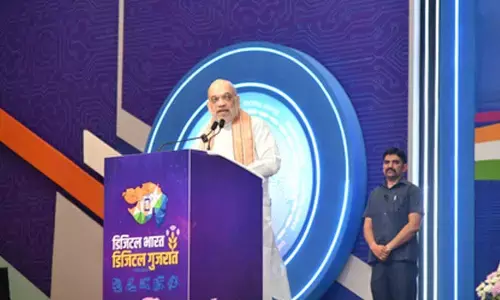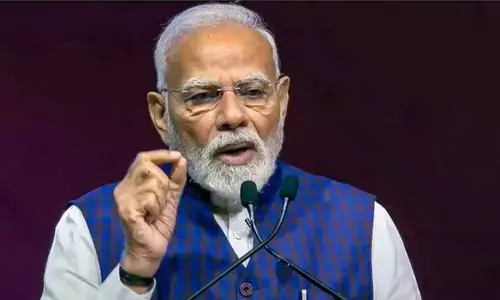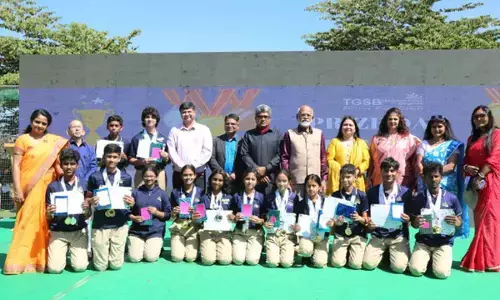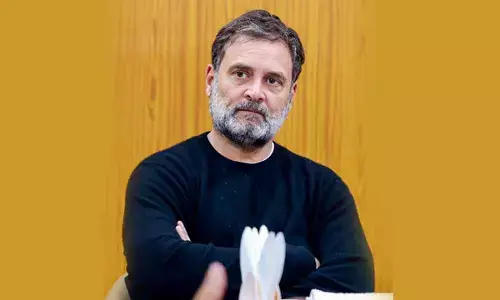3-day meeting of RSS' top decision-making body - ABPS from March 15
Share :
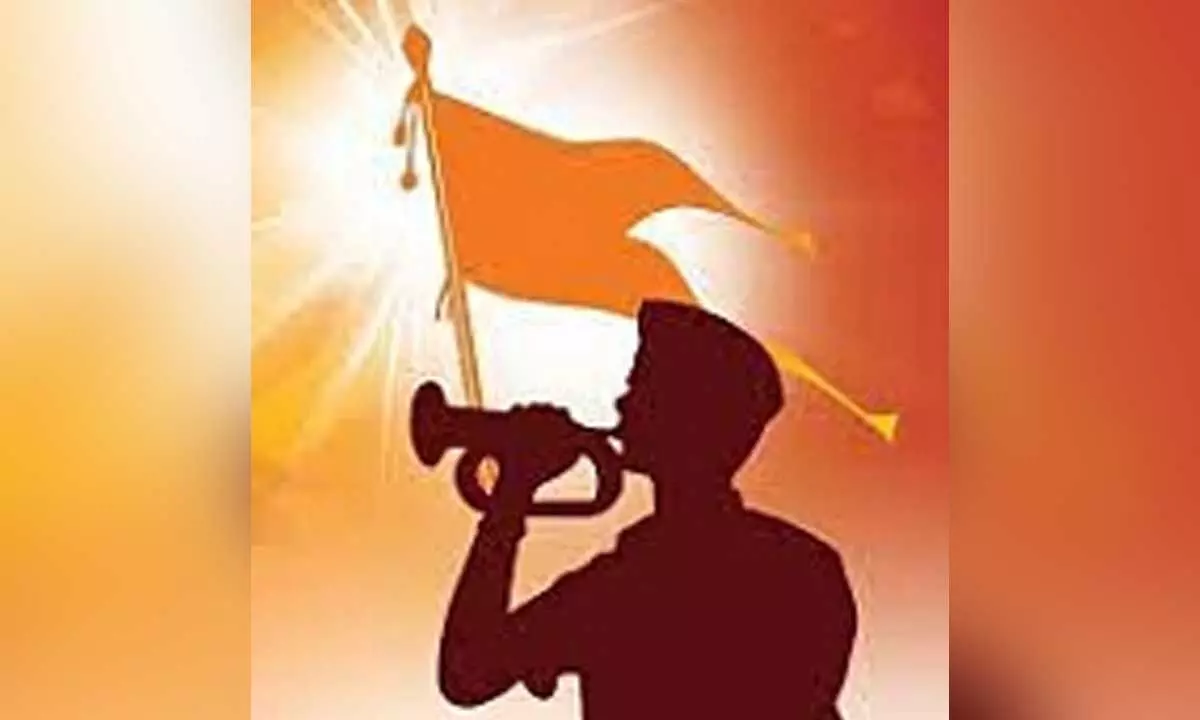
The Rashtriya Swayamsevak Sangh (RSS)'s highest decision-making body Akhil Bharatiya Pratinidhi Sabha (ABPS) is all set to hold a three-day meeting, starting from March 15.
Nagpur: The Rashtriya Swayamsevak Sangh (RSS)'s highest decision-making body Akhil Bharatiya Pratinidhi Sabha (ABPS) is all set to hold a three-day meeting, starting from March 15.
During the three-day meeting in Nagpur, the apex body of RSS is set to discuss a host of issues including implementation of the Uniform Civil Code (UCC), Sandeshkhali suppression and more.
The Sangh is also likely to pass a resolution on Ram Temple at the annual ABPS meet, said its all-India publicity head Sunil Ambedkar in a press meet on Wednesday.
As the Sangh's top decision-making body meets from March 15-17, here is a lowdown on its structure, functioning and why it assumes importance, especially amid reports of likely Sarkaryavah change.
ABPS, with a current strength of about 1,400 delegates, meets once every year in March for about three days.
It came into existence in 1948 and held its first meeting in 1950.
One of the key roles of ABPS is the election of Sarkaryavah (General Secretary), who serves as the executive head of the RSS and is entrusted with the responsibility of day-to-day functioning of the organisation.
The ABPS, in its first meet, elected Bhaiyyaji Dani as the Sarkaryavah for a period of three years.
The ABPS meetings, since its inception, have been focused and clear on its goals.
It has been debating issues of national importance for a long time and also passing resolutions on them.
The ABPS meetings usually happen for three days.
The meetings witnessed the participation of RSS top brass, including the Sarsanghchalak and Sarkaryavah.
Multiple sessions are held throughout the marathon three-day period, where burning issues of the nation are debated and the activity of RSS volunteers on the ground are examined.
The Sarkaryavah also presents a status report, enumerates challenges before the nation and then suggests the way forward.
Over the years, the RSS has passed several resolutions on many issues, including national security, foreign policy, women empowerment, population policy and many more.
This year, ABPS is being organised in Nagpur after a gap of almost six years, with the last one held in 2018.
One of the major highlights of ABPS meet, this year, would be the preparation work for RSS centenary celebrations in 2025.
The apex body will discuss plans for Sangh's centenary celebrations as it completes 100 years of establishment in 2025.
On the special occasion, the top decision-making body is also set to make a resolution to increase the number of shakhas from the existing 68,000 to 1 lakh.
RSS, considered as the ideological parent of the Bharatiya Janata Party (BJP) was founded on Vijaya Dashami day in 1925.

